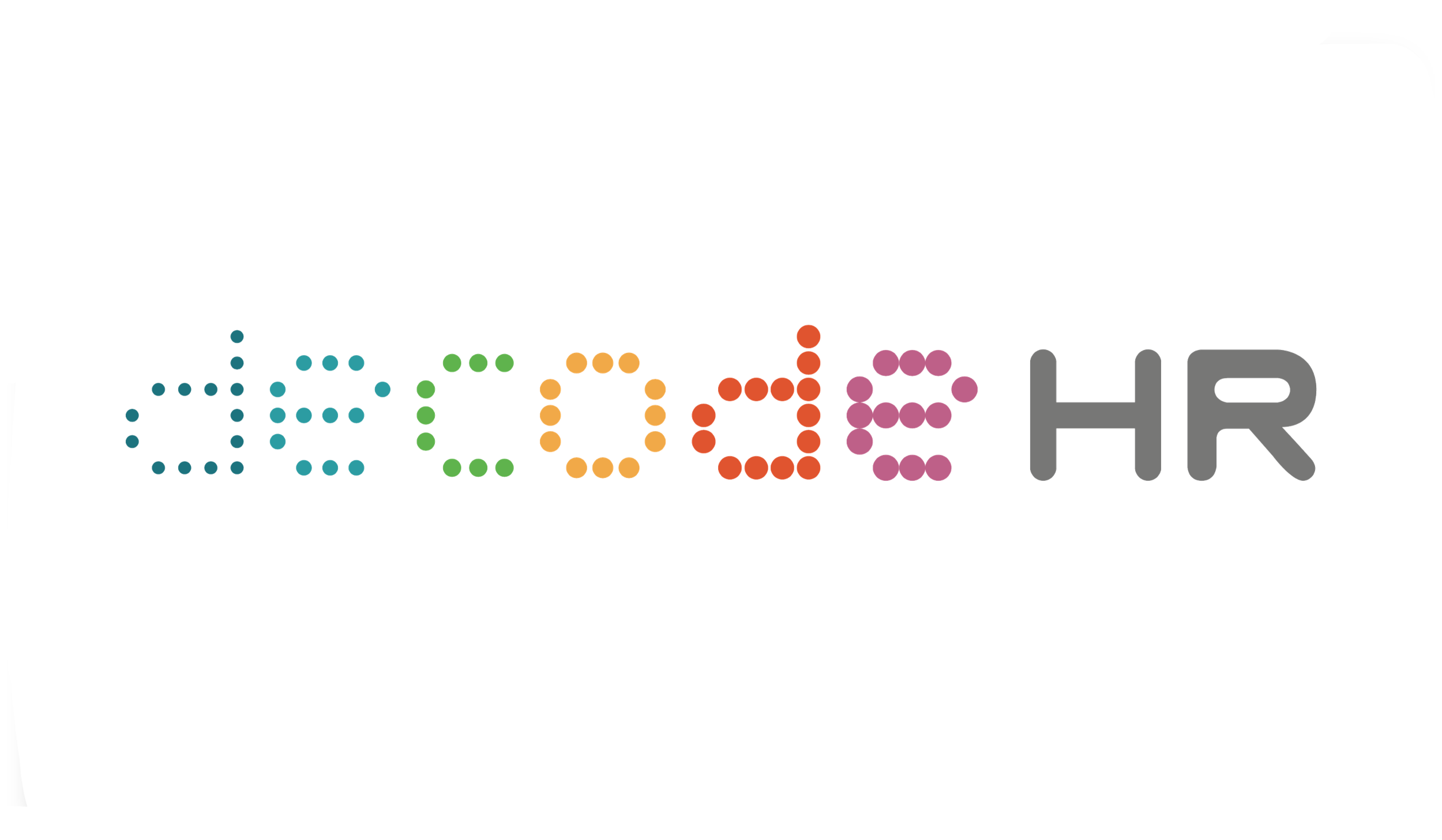Why We Should Actively Seek Out Mentors: A Fresh Grad’s Take
Reading time: 3 mins
As a young, gung-ho fresh graduate, finding a mentor did not cross my mind when I got my first full-time job as an associate of marketing and human resources at Decode HR, fresh after I got my Bachelors in Psychology from the University at Buffalo, the State University of New York.
So when my new boss Evelyn Chow - who recently spoke to about 25 students from Curtin Singapore - advocated that we hunt for mentors, I was bewildered.
“Have the courage to go out and seek out mentors”, Evelyn said, during the 29 May webinar, which was titled “Women in Leadership” and was the institution’s 7th instalment of the Curtin Singapore Women in Business Speaker’s Forum.
For a timid individual like me, I didn’t think I could do that! In my life, I have had a couple of mentors. One was a veteran editor and producer from MediaCorp when I was a creative producer, and another, a human resource professional here in DecodeHR.
Both were my friends who taught me a few tricks to settle in. But is mentorship more than just on-the-job training? From Evelyn’s talk, the clear answer is yes.
Nuanced advice
In the three benefits she outlined, the first and most obvious plus is advice. In my case, as a naturally oblivious person, I often miss out on the undertones at work. But by leveraging my mentor’s knowledge, I learnt to catch the minute nuances at the office.
This helped to improve my work efficiency and boost results. Naturally, I would only take advice from people I can rely on and trust, but sound advice from a wise mentor can go a long way in helping to avoid pitfalls.
Mentors who become friends
The second benefit is, in my opinion, the most fun – friendship! I like seeing friends at work. The office can be a drab and dull place. Friends at work not only makes for a livelier workplace but also boosts my productivity. Imagine having a mentor who is also a buddy to challenge you at work, now that’s motivation!
Mentors may become friends. Be it at work or at home, friends are more likely to stick by you and provide support, through all challenges.
Jun Jie (3rd from left) and Evelyn (4th from left) during a visit to learn more about the application of technology in HR.
Accessing the “right” people
Lastly, mentors can expand my network of contacts. This may sound taboo in a conservative Asian society like Singapore, but it is a fact that most fresh graduates do not have networks like seasoned industry professionals.
By tapping on a mentor’s network, fresh graduates are given the opportunity to connect with other professionals. Even fresh graduates know that having the right connections can help fill a talent gap or clinch that key business deal. Just remember to ask for permission and to return the favor down the road!
Finding a mentor
Then the big question remains: How do I find myself a mentor?
“You don’t go out looking for mentors, it always starts with the relationships that you can forge with the people around you. Someone like a friend but with more wisdom.”
Then it hit me. In my 25 years of life, I have had many friends advising me. From them, I learnt valuable life, people, and communication skills.
Could my friends be considered my silent mentors? Evelyn also has a name for this, she calls them “peer-mentoring relationships”. In that case, it may be time for me to make new friends. And considering that I am a budding professional working in a HR consultancy, there are plenty of peer-mentors around me to supply me with career advice!








